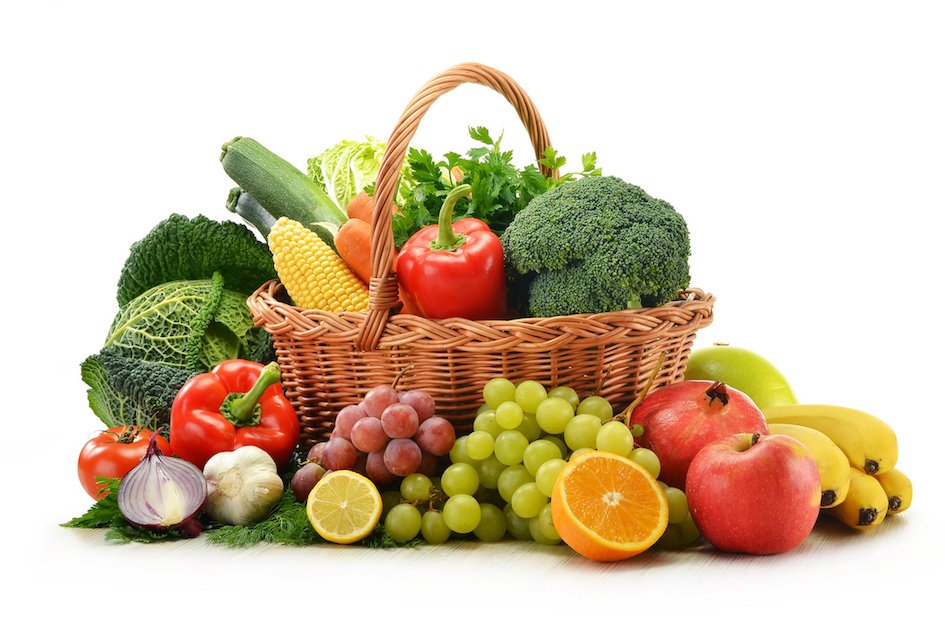Inside BENEO’s new pulse plant: pioneering sustainable protein from faba beans
The United Nations Food and Agriculture Organization (FAO) estimates that more than 40 per cent of food produced is wasted in India, and its costs could be as high as $14 billion every year
The U.N. General Assembly has designated 2021 as the International Year of Fruits & Vegetables (IYFV). This is to raise awareness on the important role of the daily essentials in human nutrition, food security, and mainly to improve healthy & sustainable food production.
Another major aspect of the IYFV is for the world to be aware of the food wastage and raise awareness and take steps to reduce its losses in food production, storage and also at retail and household level.
The United Nations Food and Agriculture Organization (FAO) estimates that more than 40 per cent of food produced is wasted in India, and its costs could be as high as $14 billion every year. India is the world’s second largest producer of food. In the last decade, India has moved from an era of scarcity to surplus in the production of food.
According to Industry estimates there has been a structural shift in consumer spending and 1-2 per cent is the estimated consumer wallet share in 2021 for food, groceries and more on health related and wellness products.
The Indian F& V sector is 96 per cent unorganized and mostly done by low and middle income farmers. India mainly exports bananas, mangoes, papayas, onions and green peas mainly to UAE, Saudi, and Qatar and also to U.K. & U.S.A. India is the largest producer of banana, mango, and papaya in the world. Bananas hold the major share in the fruits market.
Potatoes hold the major share in vegetables markets followed by onions, tomatoes and brinjal. These are the vegetables that form a part of the staple diet and create a huge demand. 2 per cent of the vegetables produced in India are exported.
Major companies present in the F&V market source through contract farming, mandis, directly from farmers, own farming or some companies caters to the premium demand which mostly imports premium Fruits & vegetables. Reliance Fresh is one of the largest F&V organized retailer in India followed by Safal & Big Bazar. Most of the fruits imported for Indian consumers are apples from Washington, Fuji, Kiwis and berries. These major companies sell through their own retail stores or through own online portals and also through 3rd party portals like Big Basket and Grofers.
The consumer market demand to cater to the F& V irrespective of seasonality, growth in organized retail space and also due to increased awareness is a promising trend but we need to cut food loss and wastage by bringing about awareness in the farm production, better cold chain supply and storage and also at the household level to ensure better food security in the country.
Perishable crops losses at farm operations for fruits and vegetables such as mango, guava, apples, potatoes and tomatoes to point a few stands at 6.92, 15.88, 10.39, 6.54 & 9.41 per cent respectively according to the Central Institute of Post Harvest Engineering and Technology, an Institution of the Indian Council of Agricultural Research (ICAR). The losses occurred at various stages of farm level operations such as harvesting, collection, sorting, grading, packaging and transportation.
The government has approved 27 new cold chain projects in later half of 2020 to be implemented in 11 states across the country to be run by Public Sector Undertakings, Farmer Producer Organizations (FPO) or other through Government Partnership Firms subject to Government Approvals. This has met with great support from the local and food retail industry as it would provide a much needed boost to the local agri-food sector, increase employment opportunities in rural areas and reduce wastage of perishable produce to a great extent.
Another positive sign has been indicated by the government while announcing a production linked incentive (PLI) scheme for ten key sectors, in which Rs 10, 900 crores has been proposed over the next 5 years for the food processing industry. This shall be able to tackle the current challenges facing the F&V sector.
Sreemathy Venkatraman, Clinical dietitian/Wellness nutritionist, BRAINS Hospital, Bengaluru

